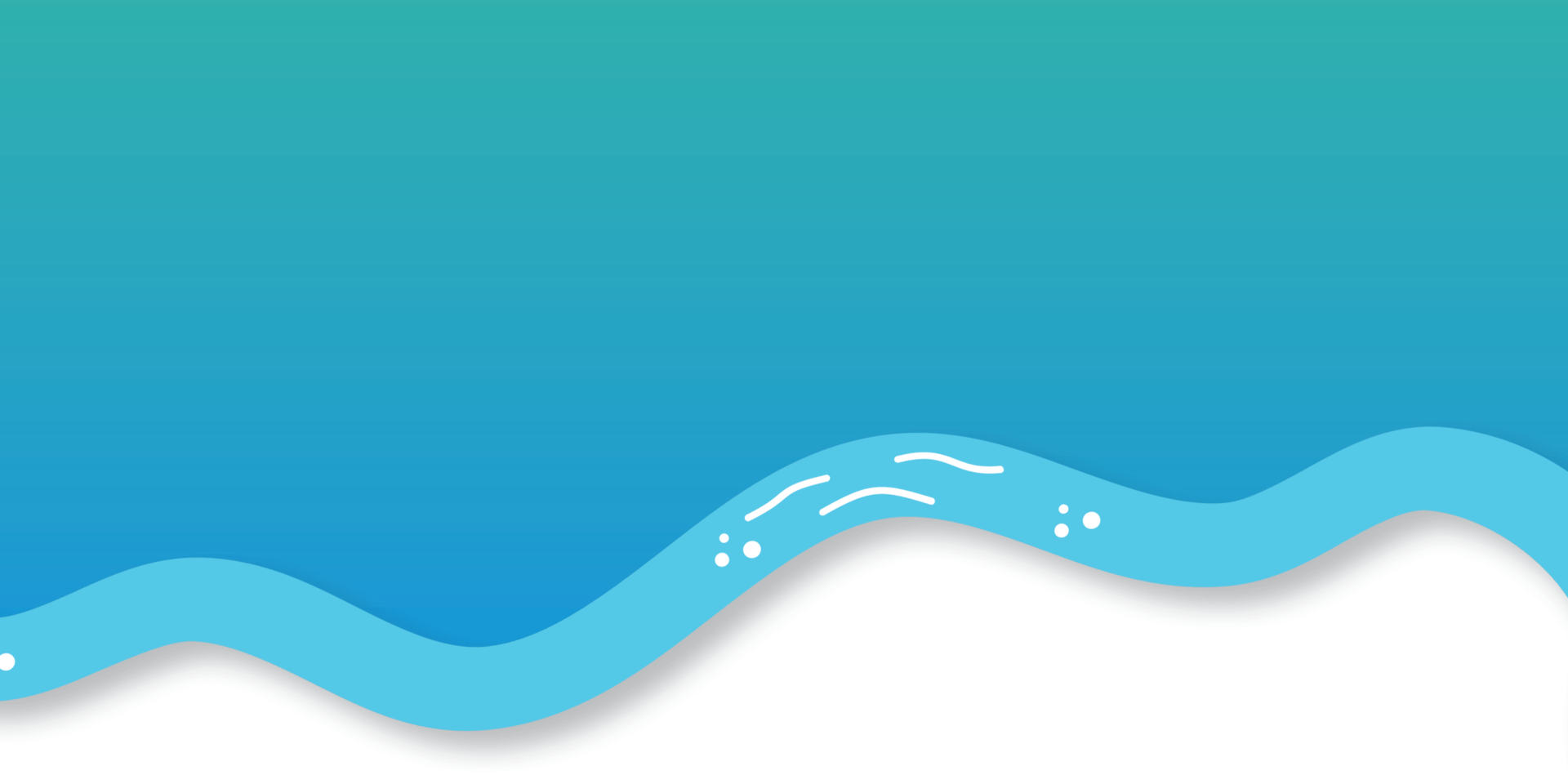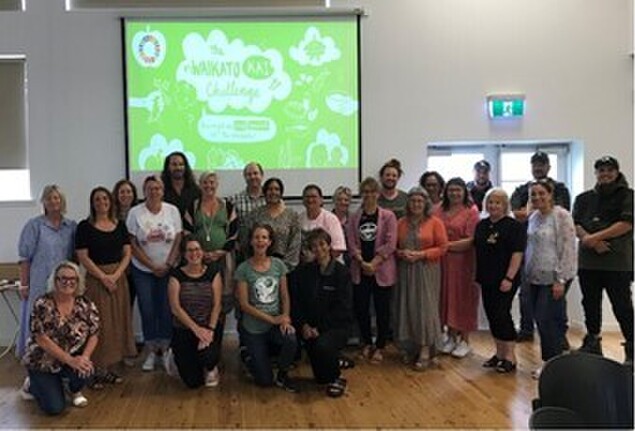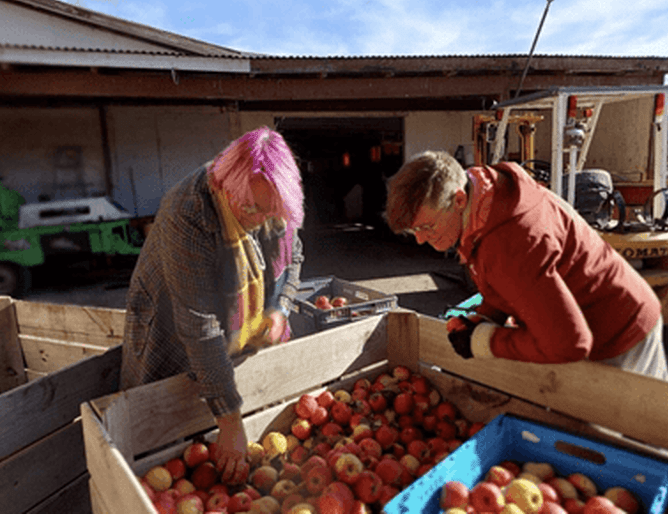An update by Dr Amber Hammill, Kai Challenge Activator
The WWP identified SDGs 1 and 2 as major priorities at the commencement of our implementation phase in 2021. Across 2023 we have engaged with stakeholders and leaders in the Waikato kai system, engaged a Kai Challenge Activator and have commenced a process to:
· Develop a picture of the systems currently in use around the region to support our conversations about the future.
· Engage the hearts and minds of our kai communities’ imaginations and describe the food futures we want.
· Encourage the conditions for new food systems that reflect our aspirations – we need lots of courageous, adventurous innovators to bridge the gap between where we are and where we want to be.
In February 2023, before I joined, the WWP held a kai workshop with stakeholders working to address hunger in the challenges they face in their work at present.
Participants described a desire to move away from crisis and into security by design, to think and work systemically, rather than episodically. For participants at the hui, success looked like:
· Food charities out of business as they are no longer needed
· People growing their own food
· Greater kai knowledge amongst tamariki and rangatahi
· Building empathy for those who experience food insecurity
· Indigenous food sovereignty
· Localised food systems from the seed to the plate
This event was followed with another held in Ngaruawahia, co-hosted by Community Waikato and Waikato District Council. While the participants at the second workshop were more locally based and focused in the Ngaruawahia-Huntly |Rahui Pookeka-Taupiri areas, the messages were similar. This echoes the conversations at national, and international levels.
Since I joined the project in May I have worked with our SDG 1 and 2 Manu Taki to take up the challenge laid down in this hui, beginning with work to understand and describe the systems in use at present, the future we aspire to and the bridges we need to build between these two.
The scale of this work is humbling in every sense – the scale of the need, the scale of the food systems in the region and beyond, but also, the sheer volume of people devoting their skills and attention to the work. I am grateful to everyone who has offered their support over the past several months. In particular, the kai manu taki for their guidance and patience, but also the very many people around the motu who have generously shared their time, perspectives, insights and work.
There are a lot of people out there wishing the Waikato well on our journey to food security, and who are right there with us in our striving. Thanks to Tric Malcolm of Kore Hiakai, Daniel Eb of Dirt Road Communications, Nigel Davenport of Sustainable is Attainable Timaru, Gael Surgenor, Tessa Ackerson of the Wellington Regional Food Systems Strategy team and Emily King of Spira. Emily will help us define and deliver the next systems description phase of the project.
Systems Description
There are some incredible examples of work underway across the country where cities and regions are exploring their own food security. Some of the work I’ve been learning from lately is in Wellington, with contributions from the Wellington Regional Food Systems Strategy, along with the Regional Kai Network and the Wellington Council’s Wellington's Sustainable Food Initiative. These combined efforts are many layered and reflect the complexity of the work, and the value of many hands. We are in discussions with ThinkPlace about how to take this systems description work forward in our own region.
Relationships
We are working on key relationships within the region to inform the mapping work, but also with a view to exploring futures and supporting innovation. This has included connecting with Healthy Families Waikato and the Kai Collective supported by Hamilton City Council. During this period, we have also worked with the Impact Lab at the University of Waikato to learn more about food insecurity among students, and to understand the strategies and resources students are using to manage their food needs. The final report is being finalised and we look forward to sharing some insights from the students’ work. Work remains to build relationships with growers, producers and retailers in the region.
Data and Indicators
Almost every time I speak with someone about hunger in the Waikato, I uncover a new piece of data offering insight into the scale of this issue. There are a raft of proxy indicators pointing to this experience, from the New Zealand Health Survey to the Child Poverty Report and the Growing Up In New Zealand Study. This suite of reports and data measure different aspects of similar experiences, some at national and some at regional levels. We are currently in discussions with researchers at the University of Waikato on a survey of all such indicators, their scales, reporting or updating cycles and insights for our region. These can form part of Te Ara Poutama as they are, but also highlight gaps in our knowledge. We are also in discussions with Here2HelpU about the possibilities of sharing data from their service to add to the local picture.
Doing Things Differently
We have been working alongside Community Waikato, Creative Waikato, Trust Waikato and GoEco to plan a community hui for early 2024. This hui complements Community Waikato’s bi-annual conference and is a chance for community groups and organisations to gather and shift their gaze from the day-to-day to the longer-term. The theme of this hui is thriving Tomorrow: Navigating Resilience. In addition to creating and affirming connections across the sector, the intention is to open a conversation beyond crisis response to resilient preparation. As we saw at the beginning of the pandemic, and as we have seen during all recent crises since, be they floods or cyclones, kai is a critical element of that response. This future-focused event is a great opportunity to begin conversations focused on food systems of the future. I look forward to the rich conversations about the work and potential for community-facing organisations to build resilience in relation to kai in the region.
There is so much work already going on around us as people try new ideas or return to old ones with the aim of changing the way we produce, trade and consume food and manage the waste we might generate in doing so. There are discussions about new community gardens in Whaingaroa and Ngaaruawahia, a whole new food experience in Hamilton East, and work ongoing at Hamilton City Council to map fruit trees and other freely accessible food in the city, and many many more. There is an opportunity here for the WWP to highlight these initiatives and this is something I aim to explore in the coming months.
For more information contact Amber: amber@waikatowellbeingproject.com



